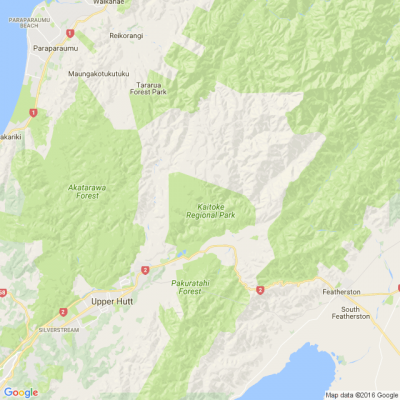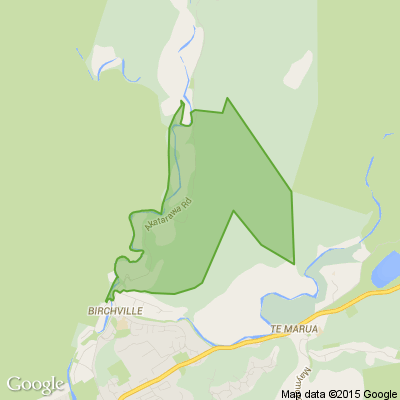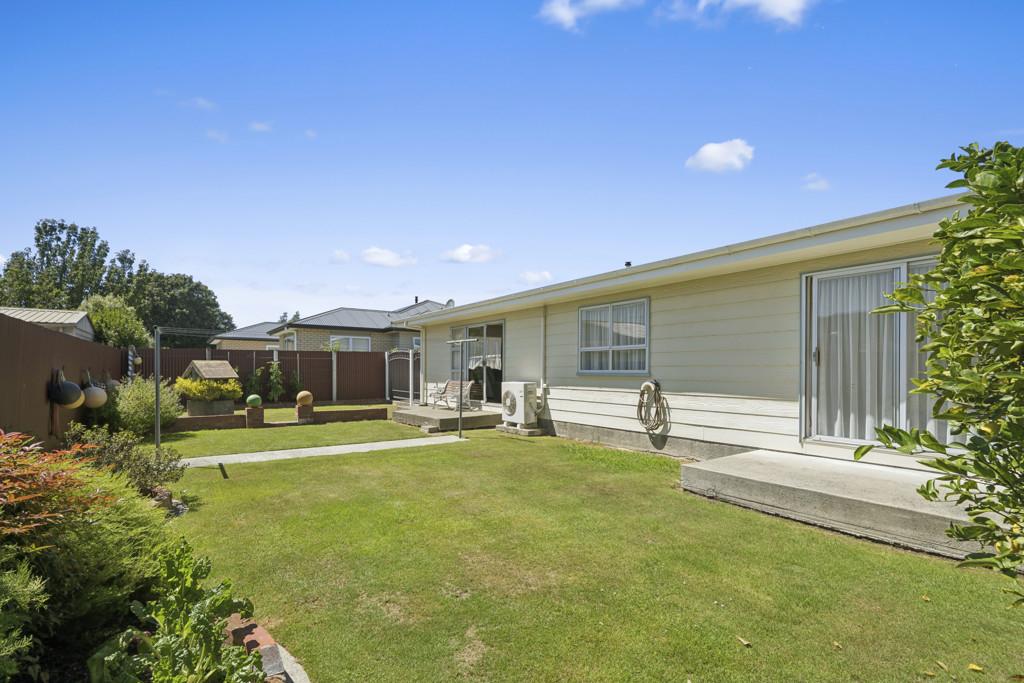Why are New Zealand homes so pricey? It has nothing to do with avocados!
Now you can buy a house! Well, not really. Kiwi houses are still very expensive. Charlie Gates looks at why and finds out it has nothing to do with avocados on toast.
In May 2017, property developer Tim Gurner was asked if young people faced the prospect of never owning a home.
His answer gave the world a symbol for the housing crisis.
"Absolutely, when you're spending $40 a day on smashed avocado and coffee and not working. Of course. Absolutely," he said.
It was an offhand comment that crystalised a debate over housing affordability that has often split down generational lines.
Are young people struggling to buy homes because they are spending recklessly on luxury items like "smashed avocado"? Or are they struggling because generational shifts and sweeping economic changes playing out over many decades have slowly made houses less and less affordable?
Spoiler alert: it's the latter.
Despite a recent shift in house prices, Kiwi homes are still among the least affordable in the world.
But, how do we measure housing affordability?
One method economists use is to compare the median house price to the median household annual income. For example, in June 2018 the median annual household income was $88,904, but the average median house price was $560,000, according to interest.co.nz.
This means the median house price was 6.3 times bigger than the median annual income in June. The national figure has not changed dramatically, shifting to about 6.2 for August this year.
Economists generally agree that the median multiple, as it is known, should be around three for housing to be considered affordable.
But when was the last time the median multiple was that low in New Zealand?
Economists Selena Eaqub and Shamubeel Eaqub crunched New Zealand housing affordability figures going back to 1957 for their book Generation Rent.
The figures show that from 1957 to the late 80s, the median multiple remained under three, but in the late 1980s it started to rise and rise, before rocketing up at the turn of the millennium.
There are some regional variations in these figures. According to demographia.com, in the third quarter of 2017, Auckland had a median multiple of 8.8, while Wellington was at 5.5 and Christchurch was 5.4. Figures from interest.co.nz for August this year show Christchurch at 5, Wellington at 6.12 and Auckland at 9.2.
In 2011, Auckland had some of the most expensive housing in the world.
But why? To find out I asked economist Shamubeel Eaqub and housing expert Hugh Pavletich about the main problems keeping house prices so high. Here are the three main problems they raised.
1. Land supply
Eaqub said that "by far the biggest culprit behind higher house prices ... is the cost of land."
Since 1995 land costs have risen 73 per cent faster than incomes, he wrote in his book.
Land is expensive because there is not enough that can be used for housing. A lot of land is tied up in complex and restrictive planning rules.
Restrictions on land use constrict the supply of homes, Eaqub said.
Pavletich and Eaqub agreed that we should expand the city limits and build high density housing in the city centre.
2. Infrastructure funding
Land without infrastructure is just a paddock.
The roads, sewerage and powerlines needed for new homes are expensive.
Councils have under funded infrastructure for decades and are reluctant to borrow money to pay for it because that is politically unpopular.
Changes since the late 1980s, like privatising public assets, also mean councils are less able to fund infrastructure, Eaqub said.
"Councils were stripped of their assets," he said.
"Councils went from having lots of sources of income to just rates for infrastructure funding."
Pavletich said councils lost control of their costs.
"They could not keep up with growth and meet their infrastructure requirements."
"Costs have blown out and they haven't got the money to do it."
This means land that could be used for housing often remains a paddock.
Eaqub said that liberal economic reform in the late 1980s, known as Rogernomics, also changed the housing market because people could more easily borrow money.
"The pre-1980s banking system was very differently regulated and you couldn't get any money. That was gradually lessening from the 1960s onwards."
3. Political resistance
Attempts to change planning rules to free up more land and increase density have often met with political resistance.
In 2013, Auckland Council's unitary plan was watered down after resistance to higher density rules and expanded city limits.
People who already have houses are resistant to changes that would make houses cheaper.
"In the end, current vested interests have clearly taken a nimby approach in their voting," Eaqub said.
The consensus needs to change so a new generation can participate in the wealth and security of buying a home, he said.
So, the facts are clear, it is harder to buy a house now than at almost any other time in the last 60 years.
And it is also clear that young people's spending habits are not to blame.
"Millennials save more of their income than any other age group we have seen for generations," Eaqub said.
So are we going to do something about it, or just keep blaming young people for eating avocados on toast?

Poll: Should the government levy industries that contribute to financial hardship?
As reported in the Post, there’s a $30 million funding gap in financial mentoring. This has led to services closing and mentors stepping in unpaid just to keep helping people in need 🪙💰🪙
One proposed solution? Small levies on industries that profit from financial hardship — like banks, casinos, and similar companies.
So we want to hear what you think:
Should the government ask these industries to contribute?

-
59.5% Yes, supporting people is important!
-
24.6% No, individuals should take responsibility
-
15.9% ... It is complicated
A Neighbourly Riddle! Don’t Overthink It… Or Do?😜
Do you think you know the answer? Simply 'Like' this post if you know the answer and the big reveal will be posted in the comments at 2pm on the day!
If you multiply this number by any other number, the answer will always be the same. What number is this?

Wheelchair Needed
Hi, there fellow people of my community, I'm currently looking for a wheelchair for my longtime patient as the older he gets the less mobility he has, if anyone knows of a wheelchair for Free or Cheap that would be greatly appreciated. Please txt me or email. 022-176-3899







 Loading…
Loading…




